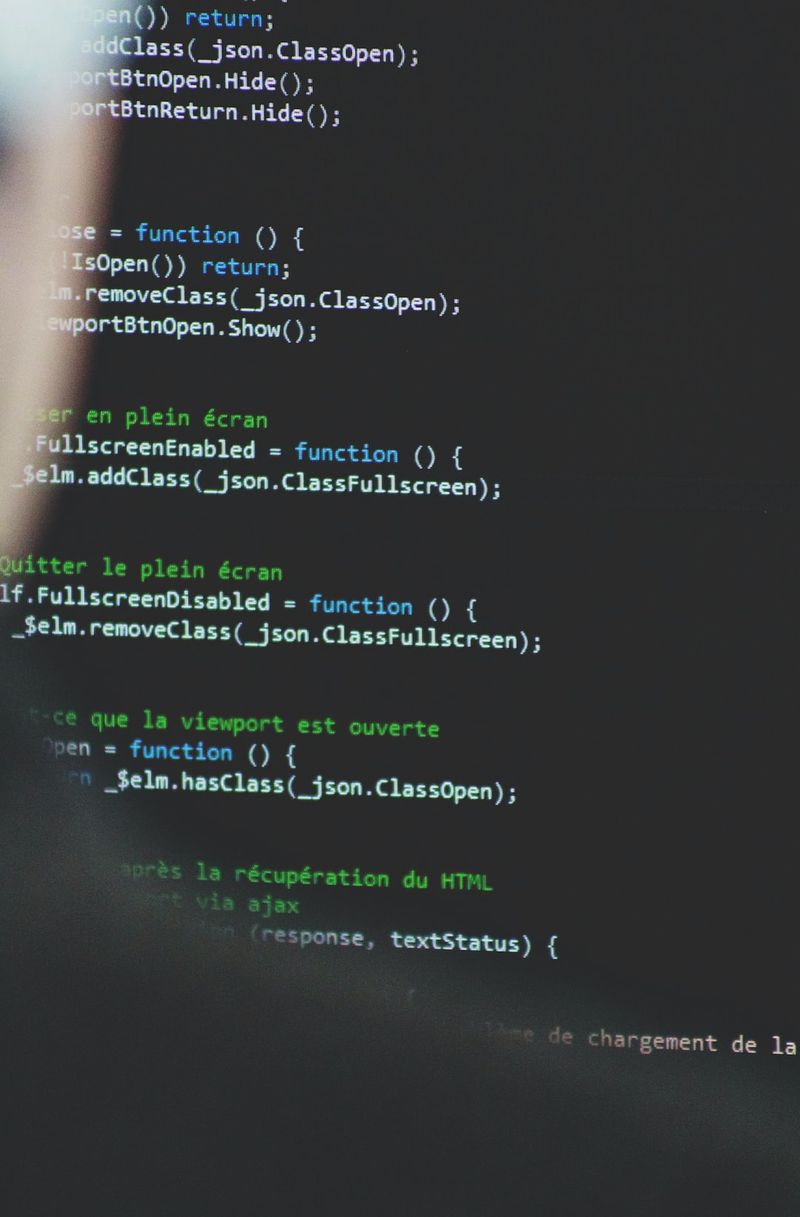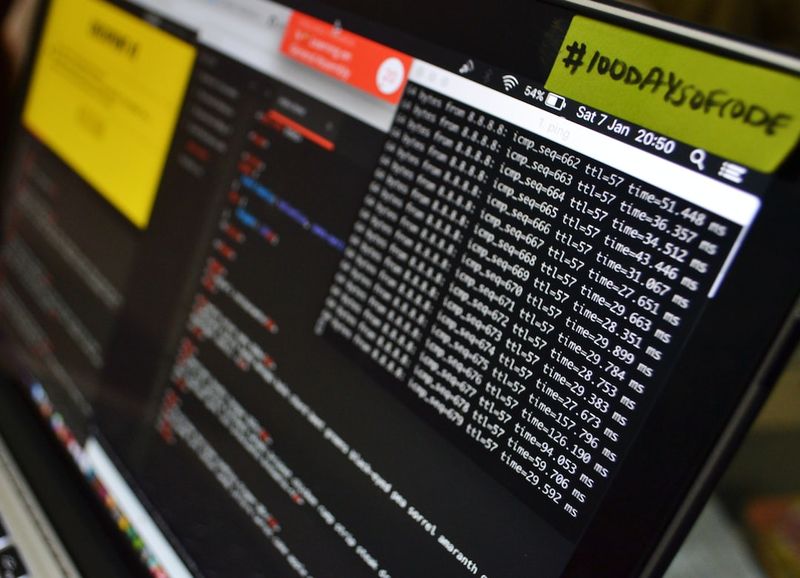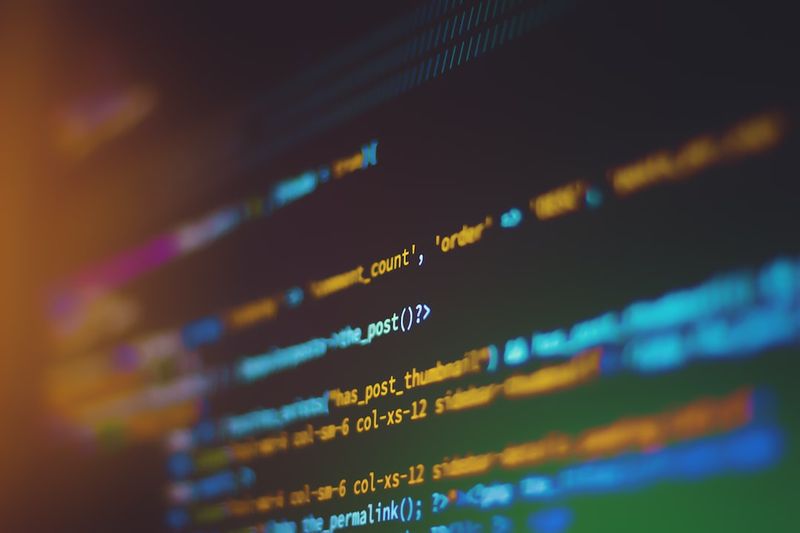Data Breach at University of Michigan Exposes Personal Information
The University of Michigan recently confirmed that it experienced a data breach in August 2023, leading to unauthorized access to personal information of students, applicants, alumni, employees, and other individuals associated with the institution. The university’s investigation revealed that the attackers had access to certain systems between August 23 and 27, during which they obtained sensitive information including names, Social Security numbers, driver’s license numbers, financial information, and health information. The breach resulted in system disruption and internet outages, prompting the university to take immediate measures to contain the attack and disconnect its network from the internet.
Internet Security Implications
This incident raises important concerns about internet security and the vulnerability of institutions and individuals to cyberattacks. Universities and other educational institutions typically hold a wealth of personal and sensitive information, making them attractive targets for hackers. The University of Michigan’s breach serves as a stark reminder of the urgent need for organizations to prioritize cybersecurity measures and invest in robust systems to protect sensitive data.
In today’s interconnected world, where digital transformation is accelerating and our reliance on technology is growing, cyber threats are becoming more sophisticated and prevalent. It is crucial for institutions to implement multi-layered security protocols, including strong firewalls, encryption, regular security audits, and staff training on cybersecurity best practices. Moreover, organizations must stay vigilant in monitoring their networks for any suspicious activity and have incident response plans in place to minimize the impact of breaches.
Ethical and Philosophical Considerations
While the primary focus of this incident is on cybersecurity and data protection, it is essential to also consider the ethical and philosophical implications of such breaches. The unauthorized access to personal information can have far-reaching consequences for individuals, ranging from identity theft and financial fraud to reputational damage and emotional distress. The University of Michigan has taken steps to notify and support affected individuals, including offering complimentary credit monitoring services. However, the breach highlights the need for a broader societal conversation about the ethical responsibilities of collecting and storing personal data and the potential risks associated with data breaches.
As technology continues to advance and society becomes increasingly reliant on digital platforms, it is crucial to strike a balance between convenience and privacy. Institutions and individuals must remain vigilant about the information they share and take proactive steps to protect their data. Additionally, policymakers and regulatory bodies should enforce stricter data protection regulations and hold organizations accountable for their cybersecurity practices.
Editorial: Urgent Action Needed to Strengthen Cybersecurity
The University of Michigan data breach serves as a wake-up call for organizations across various sectors to prioritize cybersecurity and take immediate action to strengthen their defenses. Cyberattacks are not only a threat to individual privacy but also to national security, economic stability, and public trust.
The frequency and scale of data breaches underscore the need for stricter regulations and increased investment in cybersecurity measures. Organizations should not only focus on reactive measures but also adopt a proactive approach by implementing robust security protocols and continuously enhancing their defenses. Collaboration between the public and private sectors, along with international cooperation, is crucial in combating cyber threats effectively.
Furthermore, educational institutions have a responsibility to educate their students and staff about cybersecurity risks and best practices. Incorporating cybersecurity education into school curricula and offering training programs can help create a culture of cybersecurity awareness and promote responsible behavior in the digital realm.
Advice: Protecting Personal Information in an Age of Data Breaches
Individuals must also play an active role in safeguarding their personal information in today’s digital landscape. Here are a few important steps to consider:
- Be cautious online: Exercise caution when sharing personal information online, especially on public platforms. Be skeptical of any unsolicited requests or communications that ask for personal details.
- Create strong, unique passwords: Use strong, unique passwords for each online account and consider using a password manager to securely store and manage passwords.
- Enable two-factor authentication (2FA): Whenever possible, enable 2FA to add an extra layer of security to your online accounts.
- Regularly monitor financial accounts: Keep a close eye on your financial accounts and review statements regularly for any suspicious activity. Report any unauthorized transactions immediately.
- Stay informed about security breaches: Stay updated on the latest news about data breaches and take necessary actions if you are notified of a breach. Consider utilizing credit monitoring services offered by affected organizations.
- Protect personal devices: Ensure that your devices, such as smartphones and laptops, have up-to-date antivirus software and security patches installed. Be cautious while downloading apps or files from unknown sources.
By following these guidelines and remaining vigilant, individuals can reduce their vulnerability to cyberattacks and minimize the potential damage resulting from data breaches.
In conclusion, the University of Michigan data breach serves as a sobering reminder of the urgent need to prioritize cybersecurity and protect personal information. It is a collective responsibility shared by individuals, organizations, and policymakers to enhance internet security, promote ethical data practices, and safeguard the privacy and trust of individuals in the digital age.

<< photo by Mehmet Turgut Kirkgoz >>
The image is for illustrative purposes only and does not depict the actual situation.
You might want to read !
- The Evolution of Zero-Day Attacks: Cisco Devices Continue to Be Prime Targets
- Potential Impact: DC Board of Elections Data Breach Exposes Entire Voter Roll
- The Rise of Cyber Espionage: Unraveling the Intricate Web of Altered Cisco Devices
- The Ultimate Showdown: AI Phishing vs. Human Social Engineers
- The Battle for the Crown: AI Phishing vs. Human Social Engineers
- Rising Threat: The Role of Lost and Stolen Devices in Data Breaches
- Protecting Data While Fostering Collaboration: The New Imperatives for Modern Enterprises
- Guarding Your Finances: Critical Strategies for Securing Financial and Accounting Data
- The Rise of Malicious Apps: The New Battleground in Conflicts
- The Power of Knowledge: Empowering Consumers for Data Privacy
- D-Link Breach: Debunking the Hacker’s Claims and Examining the True Scope
- Another Data Breach Strikes Okta Customers: Exploring the Ongoing Threat to Information Security
- The Soaring Influence: Israeli Cybersecurity Startups in the Midst of Escalating Conflict
- 5 Easy Steps to Strengthen Your Cybersecurity




